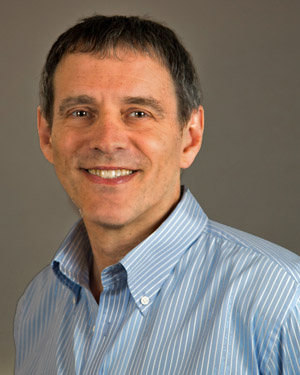
Steven Weiner, Computer Specialist and Aesthetic Realism associate, writes:
In “Our Experience—How Should We See It?” you’ll learn about one of the biggest matters in your life, and in human history. The question asked in that title is answered—really answered! Everyone hoping to have large, deep experiences, everyone wanting to know what to do with the experiences he or she has had, should read “Our Experience—How Should We See It?,” the exciting, new issue of The Right of Aesthetic Realism to Be Known!
The commentary by Ellen Reiss begins:
Dear Unknown Friends:
We are serializing the very important 1972 lecture We Approach Poetry Variously, by Eli Siegel. This issue includes a short section of it, in which Mr. Siegel, commenting on a text he has been using, speaks about Experience.
How personal our experience is—it is almost equivalent to our particular life. And people are very confused on the subject. We certainly know things have happened to us; we talk about some of them. But just what do our experiences take in? What do they mean? How have they affected us? And what should we do with what we’ve met—how should we think about our experience?
The Opposites Are There
The basis of this lecture and of Aesthetic Realism itself is this great principle: “The world, art, and self explain each other: each is the aesthetic oneness of opposites.” As Mr. Siegel speaks about that human thing, experience, he shows that the opposites of reality as such are in it—that our own intimate experience has at once width and depth; clarity and unclearness; the personal and the impersonal. And earlier in the lecture he described experience as simultaneously immediate and continuous: an experience of ours is something that happened—yet its meaning goes on. Through this talk and Aesthetic Realism itself, we can see that what is most personal to us is related to everything. In any experience, whether of joy or misery, excitement or apparent dullness, we have to do with the world itself: its opposites are ours.
Also in the present issue is an article by Aesthetic Realism associate Lynette Abel. It is from a paper she presented last month at a public seminar about What in ourselves stops us from being happy? As she answers that question, she is commenting, too, on experience. She writes about her own experience, and about how Aesthetic Realism enabled her to understand her experiences, place them rightly, use them to have her life stronger and happier. We see something of that tremendous experience which is the study of Aesthetic Realism itself—in my opinion, the most exciting, beautiful, logical experience there is.
The subject of experience is so big, so close to everyone, that for now I’ll comment on it through a list of statements to which ever so many more could be added….Read more